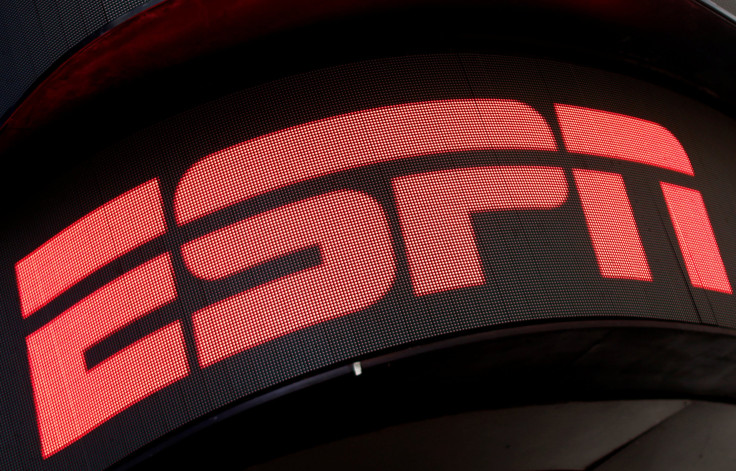Disney's Streaming Services Are Off To A Strong Start

It was about a year ago when Walt Disney (NYSE:DIS) CEO Bob Iger announced the company's plans to offer both an ESPN-branded over-the-top streaming service and a Disney-branded service. Disney's acquisition of Twenty-First Century Fox will also give it a majority stake in Hulu.
This article originally appeared in the Motley Fool.
Disney released its ESPN-branded service, ESPN+, about five months ago, and it just announced the service now has 1 million paid subscribers.https://espnmediazone.com/us/press-releases/2018/09/espn-hits-one-million-paid-subscribers-in-just-over-five-months/
That's phenomenal growth. To put that in perspective, CBS (NYSE:CBS)took more than 28 months to reach 1.5 million subscribers for CBS All Access, and HBO Now took 10 months to reach 800,000 subscribers. What's more, ESPN+ is basically a collection of content that's deemed not good enough for ESPN's main cable networks, so subscribers aren't even getting the company's most premium content.
The strong start should encourage Disney investors that its streaming distribution strategy will go well. Disney's success in streaming is key as it steps up the stakes with Hulu later this year and its Disney-branded service in 2019.
Using its digital platform
Disney didn't give any specific details about how it's managed to grow ESPN+ so quickly, but its already significant digital presence likely has something to do with it. The ESPN app has been downloaded over 70 million times and has over 2 million daily active users. ESPN's total digital presence, including its highly popular flagship website, reaches 117 million users every month.
Using the strong digital presence that it already has, ESPN was able to attract consumers to its new service more quickly than competitors in the space. Mobile app installs allow ESPN to send notifications to users' phones, telling them when an event they might be interested in is available on ESPN+. People checking scores on ESPN+ may see the game they're interested in broadcasting live on its new streaming service.
Importantly, Disney will be able to use a similar strategy when it launches its Disney streaming service next year. On Disney's third-quarter earnings call, Iger told investors, "If a consumer wants all three, ultimately, we see an opportunity to package them from a pricing perspective."
Moreover, both Hulu and ESPN+ have advertising within their content, providing an opportunity to cross-sell its other streaming services. Hulu currently pushes its partnership with CBS's Showtime to sell a bundled Hulu+Showtime subscription. It's easy to see Disney shifting away from that strategy toward promoting its own streaming services after it takes majority control of the service.
The strategy of cross-promoting each service should help accelerate growth on all three platforms.
Just getting started
The success of ESPN+ is encouraging, but the revenue from the sports streaming service is mostly going toward offsetting subscriber declines and waning advertising interest at its cable networks. While ESPN saw revenue growth over the first nine months of the year, its operating income declined as programming expenses offset the increase in revenue. ESPN+ is a means to monetize that additional content spend.
Hulu, meanwhile, is a significant money loser for the time being. Its step up in original content spending and live TV investments has increased losses at the streaming service over the past year. The investments appear to be paying off, but Disney will need to see a meaningful increase in subscribers in order to produce a profit from Hulu.
Disney's biggest bet is the Disney-branded service coming next year. It's sacrificing lots of content licensing revenue and potential home video sales, and Disney is investing in new original content for the service. If it can find the same success with the higher-price, more premium service set to launch next year as it has with ESPN+, Disney's transition to a direct-to-consumer model will pay off handsomely for investors.
Adam Levy has no position in any of the stocks mentioned. The Motley Fool owns shares of and recommends Walt Disney. The Motley Fool has a disclosure policy.





















